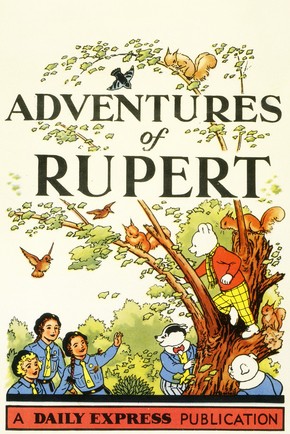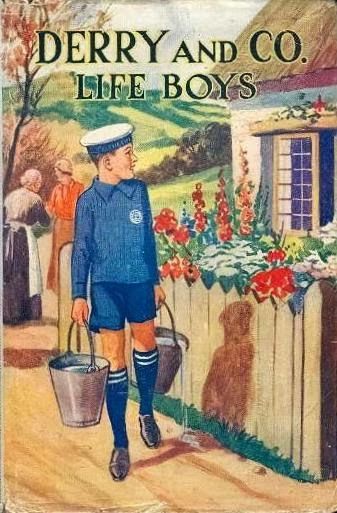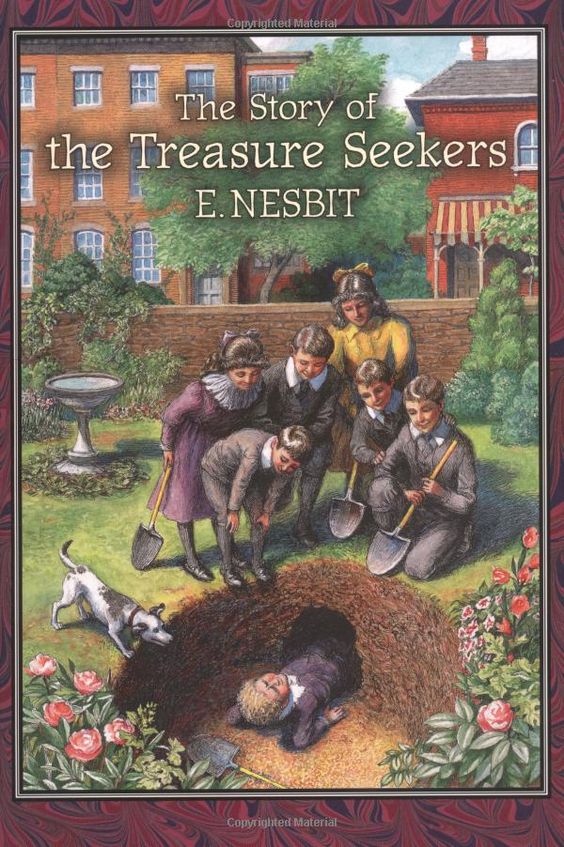|
|
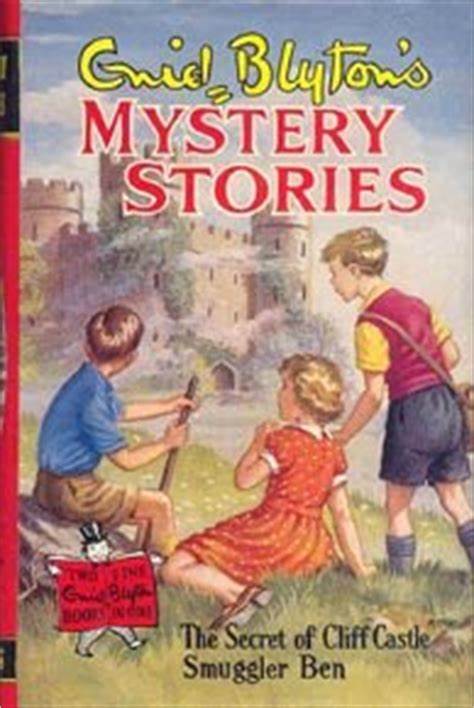 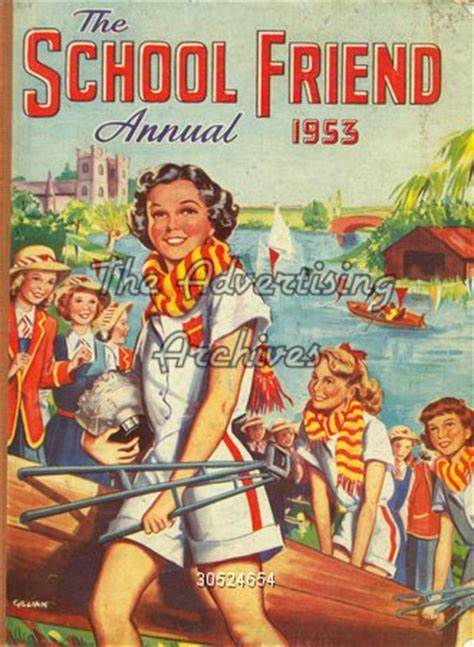 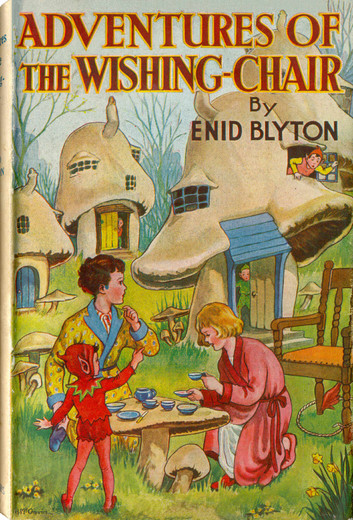 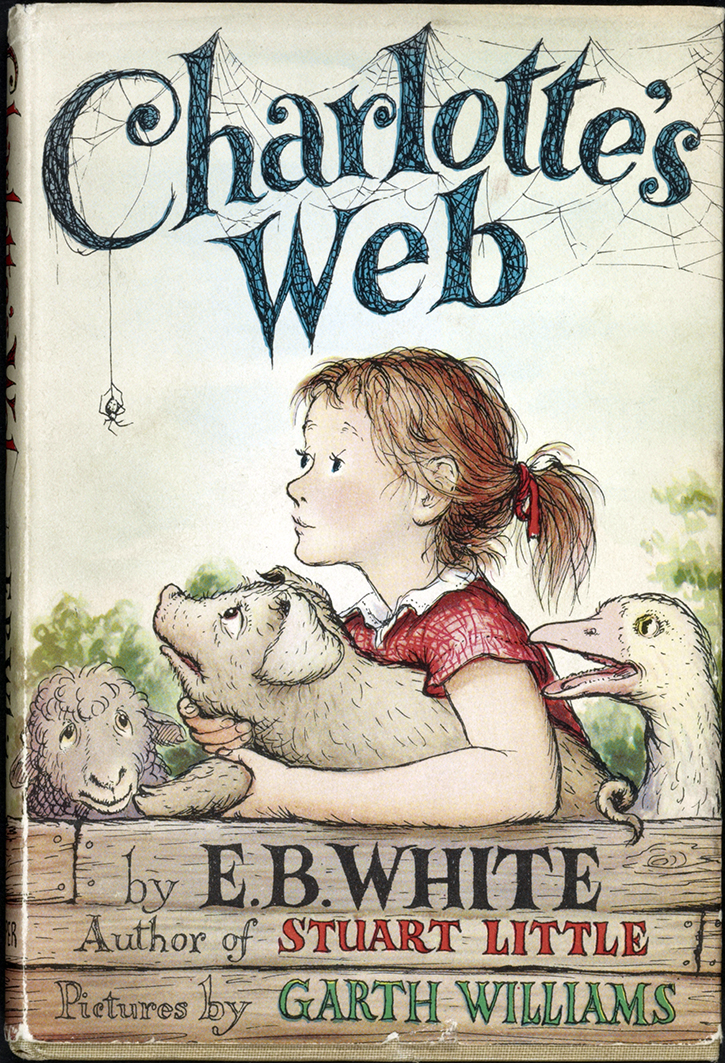 Previous "Growing Up" articles:
Episode 6 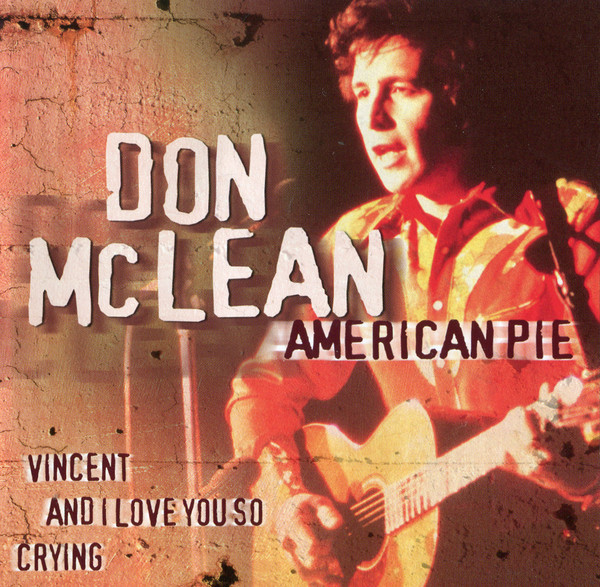 ...June 13th 2021 - Sunday Car
Boot sale on Cookie's Field as usual - a lovely day, bought loads of
Cosmos plants, and a double CD of The Searchers and Gerry and the
Pacemakers, two of my favourite groups from the sixties. But the
previous day, at the charity shop next to Tesco in the town, I found a
Don McLean CD for 50p, which contained different songs to the ones on
the CD I already owned. Both started with American Pie, then Vincent,
but on the charity shop one, there were more Buddy Holly tunes than the
original American Pie album. American Pie is one of those great, very
long songs, like Hey Jude, and Baker Street, that take your breath
away. For me, though, the best track on both CDs is Roy Orbison's
Crying. This is Don McLean at his absolute, breathtaking best. It's a
classic song, and this version, in my opinion, eclipses even the Great
Big O's version. There are Golden Ages of everything, and not everyone
will agree with me that the 1960s-1980s was the Golden Age of popular
music. ...June 13th 2021 - Sunday Car
Boot sale on Cookie's Field as usual - a lovely day, bought loads of
Cosmos plants, and a double CD of The Searchers and Gerry and the
Pacemakers, two of my favourite groups from the sixties. But the
previous day, at the charity shop next to Tesco in the town, I found a
Don McLean CD for 50p, which contained different songs to the ones on
the CD I already owned. Both started with American Pie, then Vincent,
but on the charity shop one, there were more Buddy Holly tunes than the
original American Pie album. American Pie is one of those great, very
long songs, like Hey Jude, and Baker Street, that take your breath
away. For me, though, the best track on both CDs is Roy Orbison's
Crying. This is Don McLean at his absolute, breathtaking best. It's a
classic song, and this version, in my opinion, eclipses even the Great
Big O's version. There are Golden Ages of everything, and not everyone
will agree with me that the 1960s-1980s was the Golden Age of popular
music. 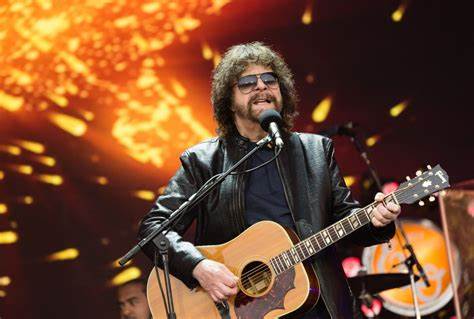 All I know is that it
was the 25 years
that contained The Beatles, The Stones, Harry Nilsson, Don McLean,
Buddy Holly, ELO, Gerry and the Pacemakers etc., etc., and when ELO was
disbanded, that, for me was the day the music died, heralding an era of
Rap (not really music, is it?), punk (disgusting, absolutely
disgusting!), Spice Girls (talentless, tuneless, drivel), and for the
most part rubbish. There are few people performing now, other than the
Stones and ELO who can hold a tune; take Ed Sheeran, for example - I am
at a loss to understand what people see in him. The tunes are either
soulless, mindless, or dreadful dirges that fail to lift the spirit.
One beacon of light in the current era is Gareth Malone - he has the
breadth of tolerance to be able to see what I can't in today's music -
his "Choir" programmes had him auditioning and championing all manner
of modern "music" that I can't abide, and coming away with something
extraordinary, something quite triumphant. He is one of the most
inspiring and courageous people of the modern era, and it is worth
reminding ourselves that his musical background is basically classical.
My Golden Age of music is peopled with performers who can sing in tune
and harmonise with each other - two peerless examples of this are the
Beatles and ELO - their natural feel for harmony is exceptional and
perfect - and for that reason their recordings are timeless. I won't go
into my top ten popular records right now, I'll save that for a later
episode - but it doesn't have anyone born or performing after 1980. All I know is that it
was the 25 years
that contained The Beatles, The Stones, Harry Nilsson, Don McLean,
Buddy Holly, ELO, Gerry and the Pacemakers etc., etc., and when ELO was
disbanded, that, for me was the day the music died, heralding an era of
Rap (not really music, is it?), punk (disgusting, absolutely
disgusting!), Spice Girls (talentless, tuneless, drivel), and for the
most part rubbish. There are few people performing now, other than the
Stones and ELO who can hold a tune; take Ed Sheeran, for example - I am
at a loss to understand what people see in him. The tunes are either
soulless, mindless, or dreadful dirges that fail to lift the spirit.
One beacon of light in the current era is Gareth Malone - he has the
breadth of tolerance to be able to see what I can't in today's music -
his "Choir" programmes had him auditioning and championing all manner
of modern "music" that I can't abide, and coming away with something
extraordinary, something quite triumphant. He is one of the most
inspiring and courageous people of the modern era, and it is worth
reminding ourselves that his musical background is basically classical.
My Golden Age of music is peopled with performers who can sing in tune
and harmonise with each other - two peerless examples of this are the
Beatles and ELO - their natural feel for harmony is exceptional and
perfect - and for that reason their recordings are timeless. I won't go
into my top ten popular records right now, I'll save that for a later
episode - but it doesn't have anyone born or performing after 1980. 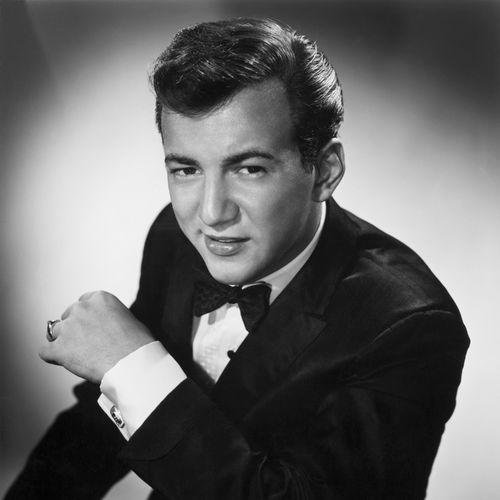 My all-time favourite
solo performer is
Bobby Darin, but I have a strong second favourite in Frank Sinatra,
also Harry Nilsson and John Lennon, not forgetting George Harrison. My
two favourite bands are The Beatles and ELO, although I love Gerry and
the Pacemakers and worship The Travelling Wilburys, of course. I don't
like heavy rock, although I have a soft spot for Aerosmith, Canned
Heat, and the Rolling Stones. I can happily listen to Honky Tonk Women
over and over. I discovered popular music in the late fifties after
being fed an exclusive diet of classical and light classical music on
the BBC's Light Programme and Home Programme. We used to listen to
Workers' Play Time, Mantovani, Henry Hall, Billy Cotton's Band Show,
Sing Something Simple (I used to try to get out of Sunday evensong,
preferring to stay home and listen to Sing Something Simple) and every
music programme that was broadcast in the 1950s and early 1960s,
including the Saturday Skiffle Club, which later became the Saturday
Club, and introduced us to Lonnie Donegan, Johnny Duncan's Blue Grass
Boys et al. There was very little popular music on the BBC at this
time, with the exception of Parade of the Pops, with the Bob Miller
Band, who played big band versions of popular hit parade hits. My all-time favourite
solo performer is
Bobby Darin, but I have a strong second favourite in Frank Sinatra,
also Harry Nilsson and John Lennon, not forgetting George Harrison. My
two favourite bands are The Beatles and ELO, although I love Gerry and
the Pacemakers and worship The Travelling Wilburys, of course. I don't
like heavy rock, although I have a soft spot for Aerosmith, Canned
Heat, and the Rolling Stones. I can happily listen to Honky Tonk Women
over and over. I discovered popular music in the late fifties after
being fed an exclusive diet of classical and light classical music on
the BBC's Light Programme and Home Programme. We used to listen to
Workers' Play Time, Mantovani, Henry Hall, Billy Cotton's Band Show,
Sing Something Simple (I used to try to get out of Sunday evensong,
preferring to stay home and listen to Sing Something Simple) and every
music programme that was broadcast in the 1950s and early 1960s,
including the Saturday Skiffle Club, which later became the Saturday
Club, and introduced us to Lonnie Donegan, Johnny Duncan's Blue Grass
Boys et al. There was very little popular music on the BBC at this
time, with the exception of Parade of the Pops, with the Bob Miller
Band, who played big band versions of popular hit parade hits. Not the same as hearing the real thing, of course, but at the time, which would have been 1960-ish, popular music was a dirty word at the BBC. In fact the only time you would hear a pop music hit would be during the two weeks when Housewives' Choice was broadcast direct from the Earls Court Radio Show - the regular presenters, but instead of playing record requests for people who had written in (usually a postcard to the BBC would suffice), the presenters asked visitors to the show what they would like played, and occasionally someone would pipe up with a pop hit. I remember listening to this broadcast every day, because it coincided with the summer or Easter holidays, I believe, and hearing Paul Anka singing "Diana". It was the start of something big, for me, and over the course of that two-week oasis of pop music, I discovered many pop hits, mostly American, sometimes cover hits by people like Craig Douglas and Tommy Steele, but it heralded a revolution in the broadcasting of popular music on the BBC, and during the early years of the sixties, they gradually allowed more and more hits to be played until finally, Radio One was born. The Light Programme, the Home Programme and the Third Programme were ditched in favour of Radio 1, Radio 2, Radio 3 and Radio 4. The "Swinging Sixties" had begun, prompted by the broadcasts from the illegal radio stations Radio Caroline and Radio London. From being starved of pop music, suddenly the airwaves were filled with it. But let's go back to the 1950s first. The Light Programme was home for many comedy shows, such as the Goon Show, Take It From Here, The Clitheroe Kid, Life With The Lyons etc., etc., as well as Housewives' Choice, with presenters such as Jack De Manio, Jimmy Young, and a young but very listenable Terry Wogan; for the children there was Children's Favourites, which was on, I believe, from 9am-10am Saturday mornings, and on which you could hear such "favourites" as Sparky's Magic Piano, The Happy Wanderer sung by the Oberkirchen Children's Choir, and so on; at lunchtime on Sundays you could hear Two-, three-, and occasionally four-way Family Favourites which was a request programme for serving military personnel, so that they could keep in touch with and send messages to their loved ones. You didn't hear pop songs, but you did hear singers like Ella Fitzgerald, Bing Crosby, Frank Sinatra and so on, and big bands like Glenn Miller etc. Stalwarts of 1950s mainstream music, occasionally a jazz record, but certainly no pop! 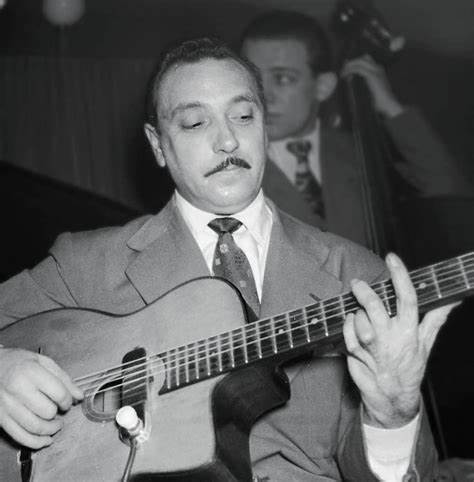 The BBC was peppered
with music
programmes. Obviously, on the Third Programme, you could hear "serious"
music most of the day, and we usually listened to several of the
Promenade concerts that were broadcast every year. On the Light
Programme you would get a major music programme just about every night:
Henry Hall, (I'm Henry Hall, and tonight is my bath night," we used to
say, in parody of "tonight is my music night". Friday Night Is Music
Night, Semprini Seranade etc., were where I heard snippets of light
classical music by composers such as Eric Coates (Elizabethan Serenade,
Dam Busters March etc.). During the daytime we had Workers' Playtime
with such combos as Cecil Norman and His Rhythm Players, and Parade of
the Pops. You would hear records played by the Big Ben Banjo Band,
Jimmy Shand and His Band, and many, many others - the BBC must have
spent a small fortune on these bands and combos! My own musical
knowledge was enhanced by the wind-up gramophone we possessed, with
78rpm shellac records of people like Al Bowlly, Glenn Miller and his
Band, Cyril Stapleton and his Orchestra, and, as chance would have it,
Django Reinhardt and the Quintette du Hot Club de France. Django
Reinhardt changed my musical life. My Dad gave me a leaflet about him
which, looking back, may have been a concert programme. I know that my
Mum and Dad used to go to see Harry Roy and his Orchestra in concert,
and they were keen ballroom dancers in their younger days. But the fact
that Dad had these 78rpm records of Django was a source of amazement to
me. Django remains, for me, the very best guitarist in any genre, and
the sounds he produced were nothing short of miraculous, given his
disability. The BBC was peppered
with music
programmes. Obviously, on the Third Programme, you could hear "serious"
music most of the day, and we usually listened to several of the
Promenade concerts that were broadcast every year. On the Light
Programme you would get a major music programme just about every night:
Henry Hall, (I'm Henry Hall, and tonight is my bath night," we used to
say, in parody of "tonight is my music night". Friday Night Is Music
Night, Semprini Seranade etc., were where I heard snippets of light
classical music by composers such as Eric Coates (Elizabethan Serenade,
Dam Busters March etc.). During the daytime we had Workers' Playtime
with such combos as Cecil Norman and His Rhythm Players, and Parade of
the Pops. You would hear records played by the Big Ben Banjo Band,
Jimmy Shand and His Band, and many, many others - the BBC must have
spent a small fortune on these bands and combos! My own musical
knowledge was enhanced by the wind-up gramophone we possessed, with
78rpm shellac records of people like Al Bowlly, Glenn Miller and his
Band, Cyril Stapleton and his Orchestra, and, as chance would have it,
Django Reinhardt and the Quintette du Hot Club de France. Django
Reinhardt changed my musical life. My Dad gave me a leaflet about him
which, looking back, may have been a concert programme. I know that my
Mum and Dad used to go to see Harry Roy and his Orchestra in concert,
and they were keen ballroom dancers in their younger days. But the fact
that Dad had these 78rpm records of Django was a source of amazement to
me. Django remains, for me, the very best guitarist in any genre, and
the sounds he produced were nothing short of miraculous, given his
disability. 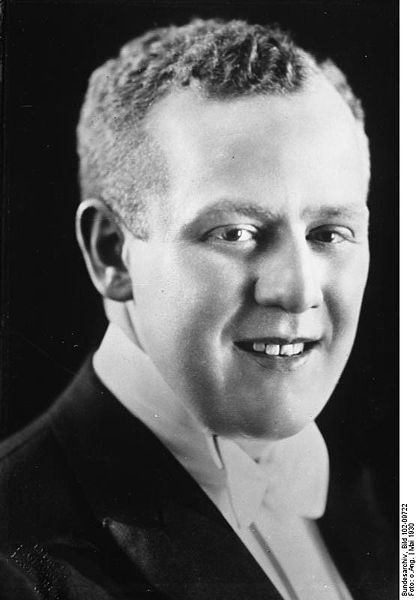 Those records are long
gone, of course,
but I have half a dozen CDs showcasing the very best recordings of the
Quintette and of Django playing solo. My Uncle Ernie favoured classical
music, and from him I inherited several opera sets, also on 78rpm, some
of them running to fifteen records, Puccini's Tosca being one example.
I don't believe I ever listened to Tosca all the way through in my
youth, but I loved hearing Enrico Caruso singing "E Lucevan le stelle",
and a soprano singing "Vissi d'Arte". My Great Uncle Ernie gave me
records by Jack Hylton and his Band. To my mind these English bands
were equally as good as the American bands, like those of Duke
Ellington, Count Basie and Glenn Miller. I particularly like one Jack
Hylton record on which they sang: "That was a cute little rhyme, sing
us another one, do". One of the band members starts to sing "There was
a young lady from Ealing...", at which point the band breaks down,
coughing, and someone says no, not that one... It was years later that
I learned the actual words to "There was a young lady from Ealing". No
wonder they didn't complete that rhyme! By the end of the 1950s I had a
huge collection of very old 78rpm records from the first forty years of
the twentieth century; but no pop records. I remember going to the
youth club in Hucclecote, the next village along the road to
Gloucester, a ten minute walk from Brockworth, and the nearest youth
club available to us. There they had someone with a proper record
player, a Dansette record player, on which they played proper pop
records, and I remember hearing, for the very first time, the Shirelles
singing "Will You Still Love Me Tomorrow", written by Carole King and
Gerry Goffin, and I recall thinking that this was real popular music. Those records are long
gone, of course,
but I have half a dozen CDs showcasing the very best recordings of the
Quintette and of Django playing solo. My Uncle Ernie favoured classical
music, and from him I inherited several opera sets, also on 78rpm, some
of them running to fifteen records, Puccini's Tosca being one example.
I don't believe I ever listened to Tosca all the way through in my
youth, but I loved hearing Enrico Caruso singing "E Lucevan le stelle",
and a soprano singing "Vissi d'Arte". My Great Uncle Ernie gave me
records by Jack Hylton and his Band. To my mind these English bands
were equally as good as the American bands, like those of Duke
Ellington, Count Basie and Glenn Miller. I particularly like one Jack
Hylton record on which they sang: "That was a cute little rhyme, sing
us another one, do". One of the band members starts to sing "There was
a young lady from Ealing...", at which point the band breaks down,
coughing, and someone says no, not that one... It was years later that
I learned the actual words to "There was a young lady from Ealing". No
wonder they didn't complete that rhyme! By the end of the 1950s I had a
huge collection of very old 78rpm records from the first forty years of
the twentieth century; but no pop records. I remember going to the
youth club in Hucclecote, the next village along the road to
Gloucester, a ten minute walk from Brockworth, and the nearest youth
club available to us. There they had someone with a proper record
player, a Dansette record player, on which they played proper pop
records, and I remember hearing, for the very first time, the Shirelles
singing "Will You Still Love Me Tomorrow", written by Carole King and
Gerry Goffin, and I recall thinking that this was real popular music. 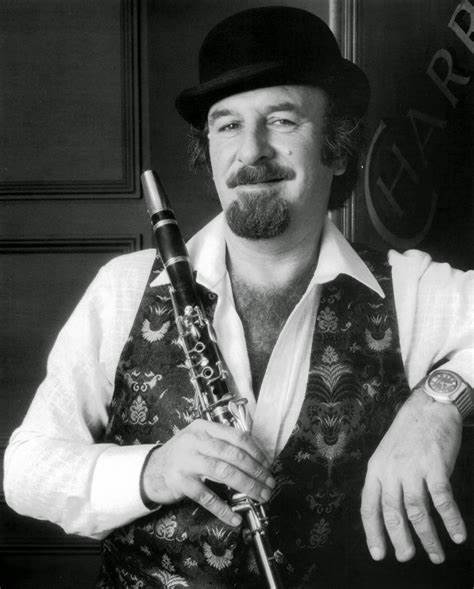 The song, and the
performance, are
peerless, and it remains one of my all-time favourites. Today I have a
dozen or so CDs of sixties music, and it's on just about every one of
them. Brilliant! I would have been thirteen going on fourteen in 1960,
when the song was released. There was an opportunity at the youth club
to take up a hobby, one of which was to make your own guitar. I
couldn't wait for that, although the ginger-haired twins from next
door, Norman and Nigel, did take up that challenge. Let's just say that
it wasn't anywhere near as good as the one Brian May of Queen made!
Instead, I hunted down an old acoustic guitar in one of the upstairs
cupboards, bought a new set of strings from Hickeys' Music Shop in the
town, sat myself down in front of the dressing table mirror in Mum and
Dad's bedroom, and set about teaching myself to play it. After the
incident with the violin teacher, playing pop music on a beat-up old
guitar was a blessed relief. I was able to play along to Lonnie Donegan
skiffle hits, and many of the pop tunes we were starting to hear on the
BBC. At this stage we were still buying 78rpm records. One day, on the
radio, we heard a new jazz band, Acker Bilk's, playing Under The Double
Eagle, a John Philip Sousa march arranged by Acker for his band. I was
charged with going into town on the way home from school and buying it
so that we could listen to it whenever we wanted. I was unable to find
it in either Hickeys, Boots, (yes, Boots the chemist sold records and
books as well as medicines and toiletries in those days, in fact there
was a Boots lending library in our branch of Boots in Gloucester!) or
Bon Marché. Instead I bought a copy of Petite Fleur, which had Chris
Barber's band playing Whistling Rufus on the other side. The song, and the
performance, are
peerless, and it remains one of my all-time favourites. Today I have a
dozen or so CDs of sixties music, and it's on just about every one of
them. Brilliant! I would have been thirteen going on fourteen in 1960,
when the song was released. There was an opportunity at the youth club
to take up a hobby, one of which was to make your own guitar. I
couldn't wait for that, although the ginger-haired twins from next
door, Norman and Nigel, did take up that challenge. Let's just say that
it wasn't anywhere near as good as the one Brian May of Queen made!
Instead, I hunted down an old acoustic guitar in one of the upstairs
cupboards, bought a new set of strings from Hickeys' Music Shop in the
town, sat myself down in front of the dressing table mirror in Mum and
Dad's bedroom, and set about teaching myself to play it. After the
incident with the violin teacher, playing pop music on a beat-up old
guitar was a blessed relief. I was able to play along to Lonnie Donegan
skiffle hits, and many of the pop tunes we were starting to hear on the
BBC. At this stage we were still buying 78rpm records. One day, on the
radio, we heard a new jazz band, Acker Bilk's, playing Under The Double
Eagle, a John Philip Sousa march arranged by Acker for his band. I was
charged with going into town on the way home from school and buying it
so that we could listen to it whenever we wanted. I was unable to find
it in either Hickeys, Boots, (yes, Boots the chemist sold records and
books as well as medicines and toiletries in those days, in fact there
was a Boots lending library in our branch of Boots in Gloucester!) or
Bon Marché. Instead I bought a copy of Petite Fleur, which had Chris
Barber's band playing Whistling Rufus on the other side. I later found out that Under The Double Eagle was only available at that time on a ten-inch LP. We wouldn't have been able to play it anyway, as it played at 33 and 1/3 rpm, which our wind-up gramophone wouldn't accommodate. I solved this problem by getting Mum to buy a proper three-speed radiogram on hire purchase, which we installed in the bay window of our front room. The radio wasn't up to much, nowhere near as good as the one on which I listened to every music programme going on the BBC and on Radio Luxembourg, on frequency 208. But the record player was brilliant! Soon I was buying every Acker Bilk album going, new LPs of Django Reinhardt, and eventually, in 1961-2, the Beatles... Footnote to Episode 6 - Father's Day came and went on June 20th. One of my gifts, from my daughter Samantha, was a Blu-Ray of the Beatles's first film: A Hard Day's Night, which we watched that same night. It's a shining example of a musical group at the top of their game and provides an insight into why the Beatles have dominated popular music for sixty-odd years. The Beatles are timeless, and the Blu Ray is a brilliant memento... thank you, Sam! Next month: the books that inspired my life in the 1950s/60s The small print: Books Monthly, now well into its 24th year on the web, is published on or slightly before the first day of each month by Paul Norman. You can contact me here. If you wish to submit something for publication in the magazine, let me remind you there is no payment as I don't make any money from this publication. If you want to send me something to review, contact me via email at paulenorman1@gmail.com and I'll let you know where to send it.
|
|
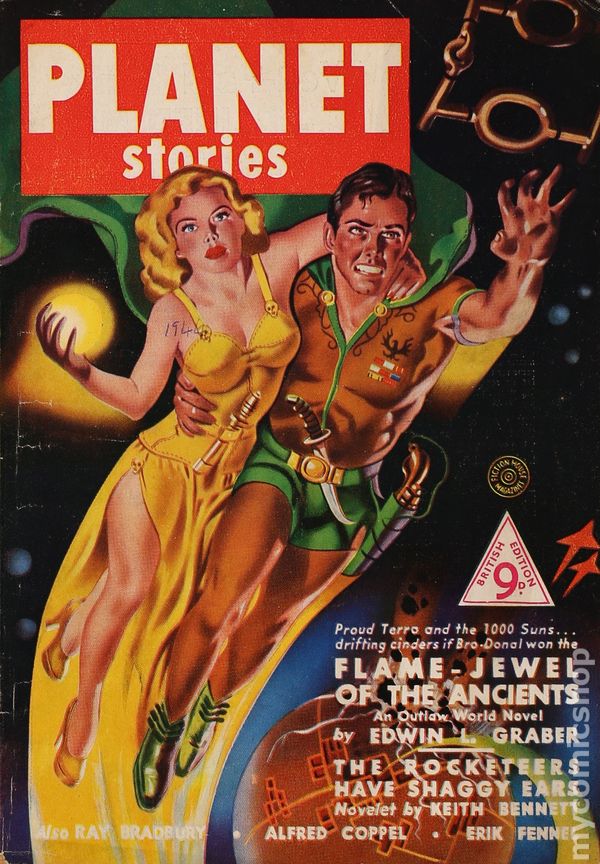
,
|
